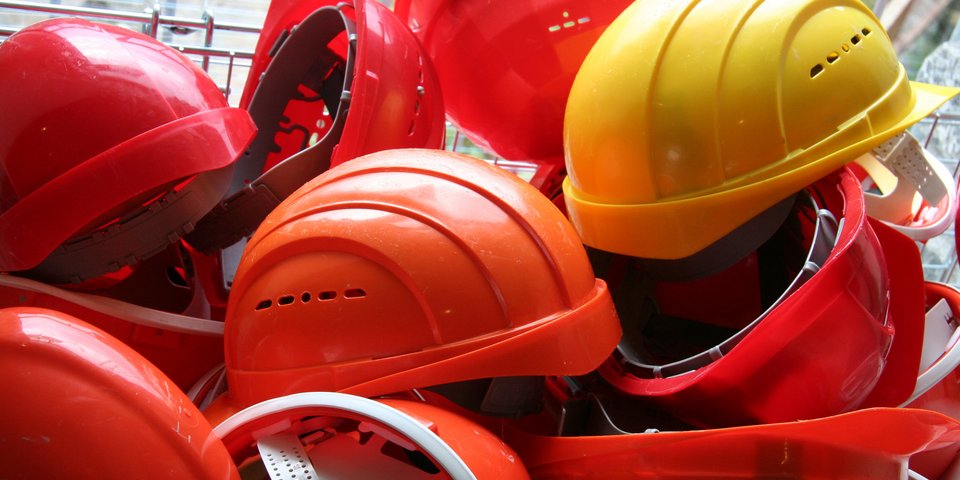 photolens - Fotolia
photolens - FotoliaOccupational health and safety high on the political agenda
Council conclusions on the impact of new forms of work.
SW – 07/2019
On
13 June, the Employment, Social Policy, Health and Consumer Affairs Council
adopted its conclusions ‘The changing world of work: reflections on new forms of work and implications
for the safety and health of workers’.
Impact of new forms of work on safety and health at work
Digitalisation,
robotics, artificial intelligence and the expansion of the digital platform
economy are increasingly changing the labour market. This can have positive
effects; for example, new job opportunities or better social inclusion.
However, these developments also harbour risks, such as potential isolation
from a collaborative work environment, de-socialisation and blurring of the
boundaries between work and private life. New challenges are emerging for the
safety and health of workers, with consequences for work organisation.
Ensuring occupational health and safety in new forms of work
The
Council wants to make sure that these issues are addressed. In its conclusions,
it stresses that the principle of decent work enshrined in the European Pillar
of Social Rights and the idea of fairer working conditions, including occupational
safety and health measures, apply to all workers, irrespective of the size of
the company and the nature and duration of the employment relationship. In this
context, the Council emphasises the importance of its Recommendation 2003/134/EC of 18 February 2003 on improving the health and safety at work of
self-employed workers and its implementation in the context of new forms of
work.
In
this Recommendation, the Council stated that accidents at work and occupational
diseases suffered by self-employed workers can result in significant costs to
society and great human suffering for those concerned. The Council therefore
focused its recommendation on the prevention of accidents at work and
occupational diseases among self-employed workers. Among other things, Member
States were encouraged to take the necessary measures to ensure that
self-employed workers receive information and easy access to training on the
prevention of accidents at work and occupational diseases without excessive
expense.
In
its conclusions, the Council calls on the Member States to explore approaches,
in accordance with Union and national law, which guarantee safety and health in
new forms of work, without restricting employer’ obligations to protect the
safety and health of workers in every aspect related to their work. Member
States should also ensure that labour inspectors are adequately trained to
respond to new challenges. The Council also wishes to strengthen cooperation
between the labour inspectorates of the Member States. The aim is to exchange
best practices and to actively cooperate within the framework of the Senior
Labour Inspectors Committee, a body comprised of representatives from the
labour inspectorates of the Member States.
Work 4.0 needs Prevention 4.0
Accident
insurance institutions are also faced with the task of providing prevention
services and finding ways of reaching insured persons that are effective in the
changing world of work. In its publication ‘New Forms of Work - New Forms of Prevention - Work 4.0: Opportunities and
Challenges’, the German Social Accident Insurance (DGUV) looked at the most
important developments in the world of work. In keeping with its mandate of
effectively adapting prevention concepts to new forms of work and requirements,
the publication highlights the impact on the working population as well as
solutions for modern prevention work.
Occupational health and safety in the spotlight of the Finnish Council Presidency
The
Finnish Presidency of the Council has focused on the issue of occupational
health and safety in view of longer working lives. A competitive and socially
inclusive EU is one of the Council Presidency’s priorities. In order to promote
inclusive growth, longer working careers must be promoted by means of
occupational health and safety measures, public health policy and part-time work
regulations.
For example, the Finnish Presidency supports the ‘Roadmap on
Carcinogens’, a programme co-founded by the European Agency for
Safety and Health at Work to raise awareness of
the risks of carcinogens in the workplace. The Presidency plans to hold a
conference entitled ‘Working together to eliminate work-related cancer’ from 27
to 28 November.
